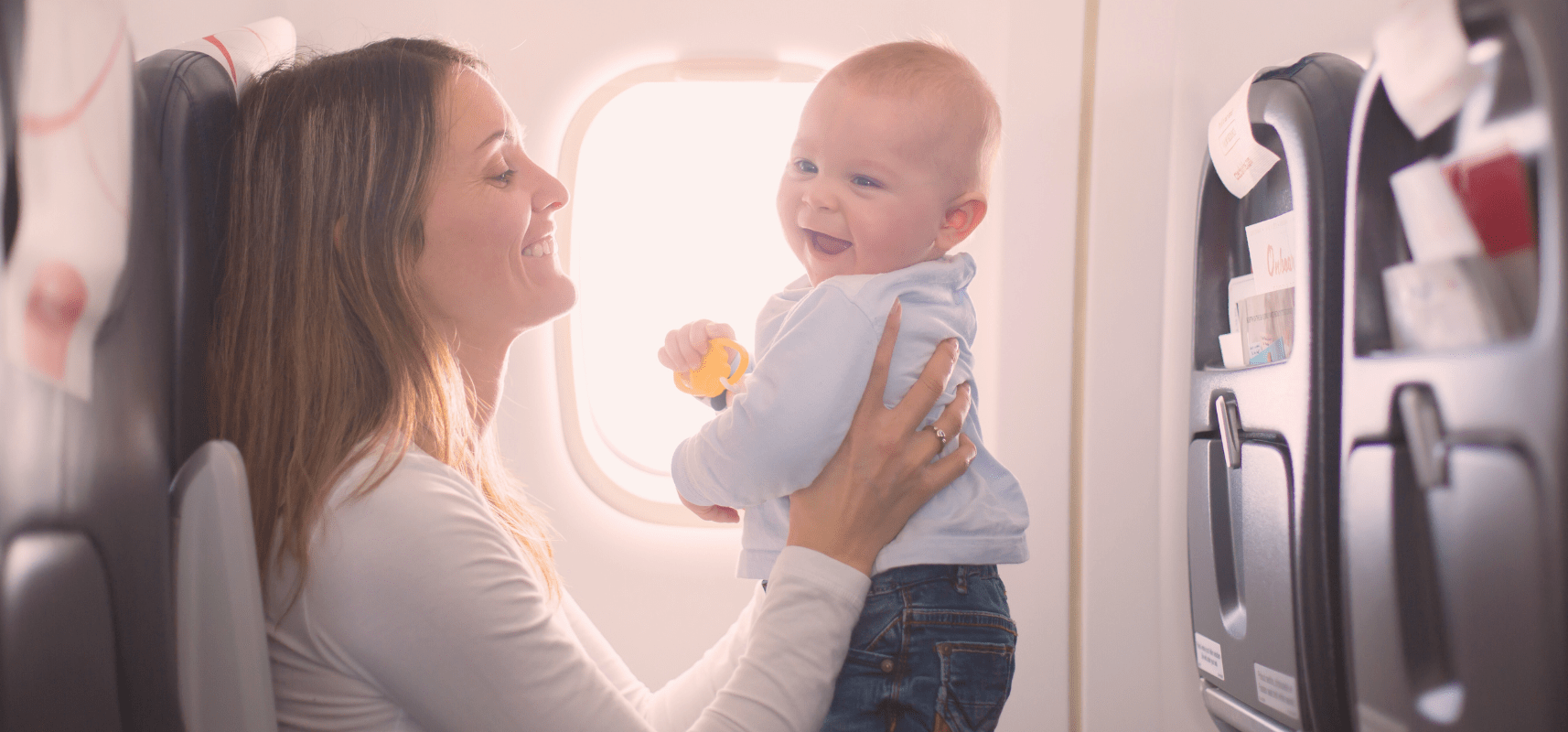Colic is a severe, often fluctuating pain in the abdomen caused by intestinal gas or obstruction in the intestines and is suffered especially by babies. Colic is likely to start around 2 weeks of age (if your infant is full-term, later if the baby is premature), and usually goes away within 3-4 months. Your baby’s birth order and sex do not affect whether or not the child will have colic, and a child who suffers from colic are no different from children who do not.
Here are a few remedies to help with a colicky baby:
- Special formulas
- Probiotics
- Diet tweaks (for breastfeeding mom)
- Infant massage
- Counseling for the parent
- Reflux meds (consult a physician before giving any kind of medication to your child)
Probiotics are a beneficial bacteria that work to keep bowel movements moving and immune systems functioning well. Since gas and constipation contribute to colic, this makes sense as a good remedy.
Some soy based or low-lactose formulas have been shown to quell colic in certain children, and tweaking your diet as a breastfeeding mother may also help (because a lot of what you eat is passed to your child through your breast milk).
Infant massage is a treatment you can perform at home, and helps you to feel comfortable with your baby and her cues. In one study, 28% of parents expressed that they felt they understood their baby’s needs better, which in turn, helped curb the crying.
Can you prevent colic? There are some rumored ways to help prevent colic from beginning:
- Avoid stress- stressed babies cry more
- Watch your child’s awake times. Babies that sleep regularly generally have less colic
- Do not over-stimulate your child in the late afternoon
- Watch your baby for signs of over-stimulation
- Use movement to sooth your baby
- Swaddle your baby
Studies show that babies between 9-14 weeks like to be swaddled; by 14 weeks they “find” their hands and can self-sooth a little better.
If you are a breastfeeding mother, research the foods you are consuming. You might be eating something that doesn’t sit well on your child’s stomach, and a lot of things do not fully metabolize before they are passed from mother to baby via breast milk.
Aeroflow Breastpumps offers a great deal of information on pregnancy related issues as well as a wide variety of breastfeeding accessories and breast pumps . If you are in the market for a breast pump, your insurance company may be able to provide coverage.
To find out if you qualify for a free breast pump through insurance, simply complete Aeroflow Breastpumps’ Qualify Through Insurance form. Our Breastpump Specialists will work directly with your insurance provider and physician to determine your coverage and will contact you within 3-5 business days to discuss your pump options and shipment date.
If you’ve tried the tips and tricks above and your baby is still colicky, consult your healthcare provider for further information.
Information provided in blogs should not be used as a substitute for medical care or consultation.







